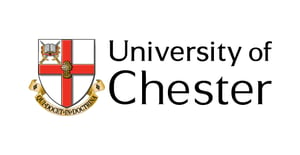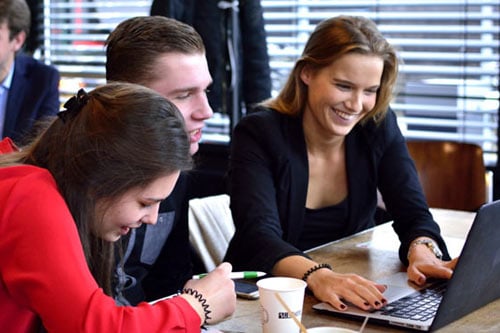"When the students get into the simulation, some of the strategy choices that they have to make link back to the models they've covered in previous sessions, such as Porter's 'Five Forces.'" David Preece, Associate Professor, BYU Hawaii
On Tuesday 22nd March we held a webinar together with guest speaker David Preece from Brigham Young University - Hawaii to discuss his approaches to provide students with real-world business experience to develop and prepare them for the world of work upon graduation.
In this blog article, we provide a recap of the key highlights and insights discussed during the session.
Real-World Business Experience in US Higher Education
The webinar opened with an introduction to David Preece's Tourism Management course at BYU Hawaii. On this capstone course, around 350 students learn about management within the tourism and hospitality industry. As part of this course they take part in the Tour Operator simulation where they work together in teams to manage a fictional tour operations company, deciding which venues and countries to provide and promote vacation packages and to which target market segments.
From Theory to Practice - Applying Experiential Learning
"Experiential learning is a very important element of what we do in our program. It's one thing to know something, it's a completely different thing to know how to apply that knowledge."
David explained how, similar to Higher Education in the UK, experiential learning is also seen as a valuable pedagogical tool in the US. It's this emphasis on experiential learning that David Preece believes is crucial in providing students with a taste of real-world business.
"We try to apply a lot of experiential learning opportunities for students. Everything from a rotational practicum course where they have hands-on experiences with local tourism and hospitality companies through to management internships, field trips, and of course simulations which set the foundation for this kind of practical experience. Those experiences are very important factors in their employability."
A key component of effective experiential learning is to enable students to apply what they've studied to further embed their knowledge of particular topics. David explained how this works within his course:
"One of the major concepts they study is Michael Porter's Generic Strategies. We then complete another week on SWOT analyzes and Porter's Five-Forces model. When they start playing the simulation they need to link to these previous strategies."
Our host Leon agreed with this emphasis on creating realistic scenarios for students to apply theory. He added:
"If students can't apply that theory to a tangible context then we've missed an opportunity."
Applying Knowledge From All Business Disciplines
On this theme of putting theory into practice, David also explained how the simulation exercise captures all the key components of managing a business and how students need to reflect on previous content from the other classes they've studied to perform well.
"There are lots of data you need to analyze. Any kind of performance analysis of a company brings together a lot of their overall business knowledge from past classes over several years. It all comes together in the simulation."
Improving Student Engagement and Feedback
"The competition element also drives student engagement. We have nearly 350 students but they all know each other as they've been studying together for a few years so there's a nice friendly competition between them."
David has also seen an added benefit in student engagement and satisfaction.
"The feedback I get on Tour Operator is really positive. As this simulation is directly related to their field of study, it's this relevance which makes a big difference in the engagement and student satisfaction rates at the end of the semester."
He believes the prominence of gamification and technology among younger students also reaps engagement benefits:
"Gamification is commonplace for students of this generation. They are used to scenario-based games in education, as well as within their social lives."
Creating Balance in a Competitive Environment
One crucial facet of creating a simulation exercise for educational purposes is how to set a "level playing field". This is something David spent a lot of time thinking about to ensure fairness.
"I want to make sure the intellectual capabilities, the demographics - male or female, country of origin, English capabilities are all fairly balanced. This ensures an accurate representation of real business and enables these students to recognise their own strengths and weaknesses within a fair, group dynamic."
Remote Teaching and Learning - Simulations during Lockdowns
"The simulation was actually beneficial in creating synchronicity to a particular element of the course because students could socialise and work together even in remote settings."
The impact of the Covid-19 pandemic on Higher Education exacerbated the need for effective online learning. Not just in terms of the technology but the pedagogical approaches undertaken by academic and teaching staff. This was a challenge David particularly felt due to the international demographic of his students:
"We had students all over the World so it was difficult to align students to an optimal time-zone. The simulation was actually beneficial in creating synchronicity to a particular element of the course because students could socialise and work together even in remote settings. Of course they did this in class but with Zoom or Face Time they were still able to conduct this. We just needed to align student groups to particular global regions and time-zones."
Course Assessment - Awarding Performance but weighted on learning Outcomes
An interesting observation we, at Edumundo, have found is looking at the different ways our academic partners link the simulation exercise to program/course assessment. We've found that those who link the experience to assessment enable students to further embed their knowledge and from the outset become more engaged due to the importance the exercise has on their overall grade. David explained how he linked the simulation exercise to students' course assessment:
"The team simulation is about 10% of the course grade. After they've done the team rounds, they go into an individual competition for another 10% of the grade. They also have to complete a reflective assignment on what they've learnt and how they would apply this in real-world business scenarios; while the bulk of the grade is based on their completion of four separate case studies and a final oral exam based on a question about a particular model, concept, or theory in which they have a few minutes to prepare their response."
Q&A Session - Any questions for David?
"We also liked the support service that Edumundo provides. We use this in two ways: an active Help Desk where students can email their support team who will get back to them very quickly. Secondly, they provide intros and Q&As for students beforehand so it makes it easier for me not to be an expert on the simulation as Edumundo takes that burden away from the Instructor or Lecturer."
After an interesting discussion session with David, the webinar culminated with a Q&A session where participants were able to ask questions to him. Here were a couple of questions asked:
- "Is it mostly a strategic management course?"
David: "Within the tourism management context, I would label it more as a leadership course. You manage components but you lead people. Our industry is a people business. People are still one of your most important aspects. Your people are your brand. Hiring the right people is important and therefore leading a team of people and doing that well is imperative." - "Are there resources for experiential learning / simulations by subjects?"
David: "When we were looking at different simulations to use a few years ago, we were impressed by the relevance of the simulation to the particular course of tourism management. We also liked the support service that Edumundo provides. We use this in two ways: an active Help Desk where students can email their support team who will get back to them very quickly. Secondly, they provide intros and Q&As for students beforehand so it makes it easier for me not to be an expert on the simulation as Edumundo takes that burden away from the Instructor or Lecturer."
A big thank you to all our participants and David Preece for being our guest speaker. The session highlighted strong, holistic approaches to provide students with real-world business experience in the context of US Higher Education.
If you are interested in finding out more about our business simulations, click on the button below otherwise sign-up for updates on future webinars further down!
Did you miss the webinar? Don't worry...
View the recording or check out our recap video

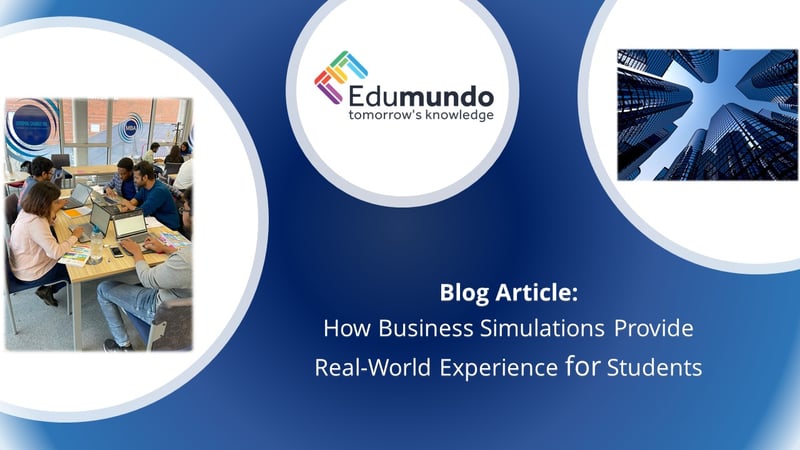

.png?length=300&name=unnamed%20(11).png)
.png?length=300&name=unnamed%20(7).png)
.png?length=300&name=unnamed%20(8).png)
.png?length=300&name=unnamed%20(6).png)

.png?length=300&name=unnamed%20(10).png)
.png?length=300&name=unnamed%20(5).png)
.png?length=300&name=unnamed%20(9).png)
.png?length=300&name=unnamed%20(4).png)
.png?length=300&name=unnamed%20(2).png)
.png?length=300&name=unnamed%20(1).png)
.png?length=300&name=unnamed%20(3).png)
.jpg?length=300&name=unnamed%20(2).jpg)
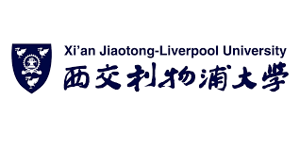
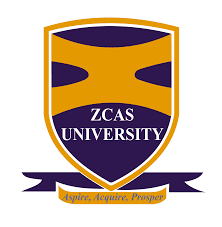
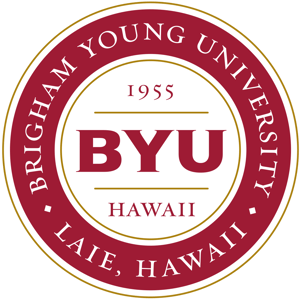

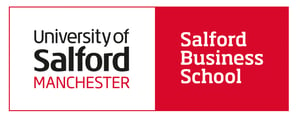
.png?length=300&name=loughborough-university-logo%20(small).png)

